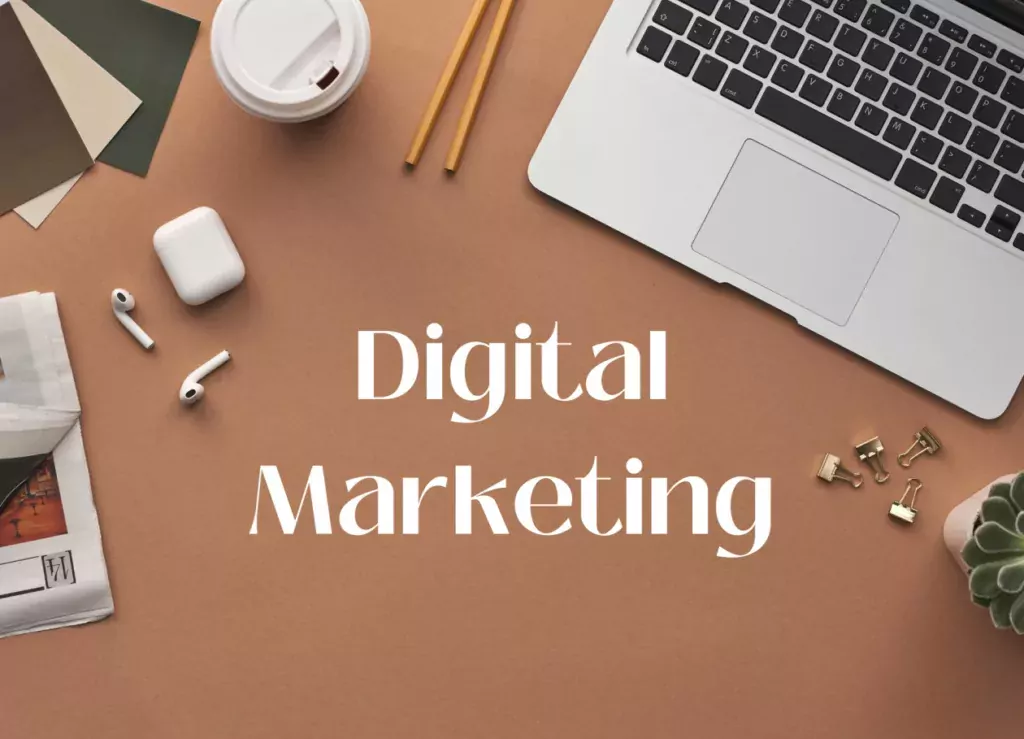
Can digital marketing boost productivity and raise sales?
Introduction:
In today’s fast-paced and technology-driven business landscape, digital marketing has emerged as a pivotal force for companies looking to expand their reach, engage with customers, and drive sales. With the rise of the internet and various digital platforms, businesses have been presented with a unique opportunity to harness the power of digital marketing to not only increase their visibility but also enhance productivity and boost sales. In this blog post, we’ll delve into the ways in which digital marketing can effectively elevate both productivity and sales for businesses of all sizes.
1. Enhanced Targeting and Personalization:
One of the standout advantages of digital marketing is its ability to precisely target and personalize marketing efforts. Unlike traditional marketing methods, where reaching the right audience might be a shot in the dark, digital marketing tools offer sophisticated audience segmentation. By analyzing user behavior, preferences, and demographics, businesses can tailor their marketing campaigns to reach the most relevant and interested prospects. This leads to higher conversion rates and increased sales opportunities, ultimately driving revenue growth.
2. Cost-Effective Marketing Solutions:
Digital marketing is often more cost-effective than traditional marketing channels such as print, television, or radio. With tools like social media advertising, pay-per-click (PPC) campaigns, and email marketing, businesses can allocate their budgets more efficiently, focusing on the most promising avenues. This cost-effectiveness not only leads to better resource allocation but also opens doors for smaller businesses to compete with larger players in the market.
3. Real-Time Analytics and Insights:
The beauty of digital marketing lies in its measurability. Through a plethora of analytical tools, businesses can gain real-time insights into the performance of their marketing efforts. This data includes metrics such as website traffic, click-through rates, conversion rates, and more. By monitoring these metrics, businesses can make informed decisions on their marketing strategies, identifying what works and what doesn’t. This iterative process allows for continuous improvement, leading to increased productivity and more effective sales tactics.
4. Global Reach and 24/7 Availability:
Digital marketing erases geographical boundaries, allowing businesses to reach audiences across the globe. A well-executed digital marketing strategy ensures that your products or services are accessible to potential customers at any time, regardless of their location or time zone. This constant availability enhances customer engagement and boosts sales by catering to different market segments, effectively extending business hours and opening new revenue streams.
5. Engagement and Interaction:
Digital marketing facilitates direct interaction and engagement with customers, fostering a sense of connection and loyalty. Social media platforms, for example, provide a space for businesses to actively communicate with their audience, addressing inquiries, resolving issues, and even gauging customer sentiment. By establishing a strong online presence and building meaningful relationships, businesses can create brand advocates who not only make repeat purchases but also spread positive word-of-mouth, indirectly boosting sales.
6. Content Marketing and Thought Leadership:
Effective digital marketing often involves content creation and distribution. By consistently producing valuable and relevant content, businesses can position themselves as thought leaders within their industry. This not only helps build credibility and trust but also attracts a loyal following of engaged customers. Thought leadership content, whether in the form of blog posts, videos, podcasts, or eBooks, not only drives traffic but also nurtures lead, resulting in higher-quality prospects and increased sales.
Conclusion
In a rapidly evolving business landscape, digital marketing has proven to be a powerful tool for enhancing productivity and driving sales. Through precise targeting, real-time analytics, cost-effective solutions, and global reach, businesses can efficiently allocate resources, engage with customers, and ultimately boost their bottom line. By embracing digital marketing strategies, companies can unlock their full potential, capitalize on emerging opportunities, and stay ahead in an increasingly competitive market. The integration of technology, data analytics, and customer-centric approaches positions digital marketing as an essential component of any modern business’s growth strategy.

